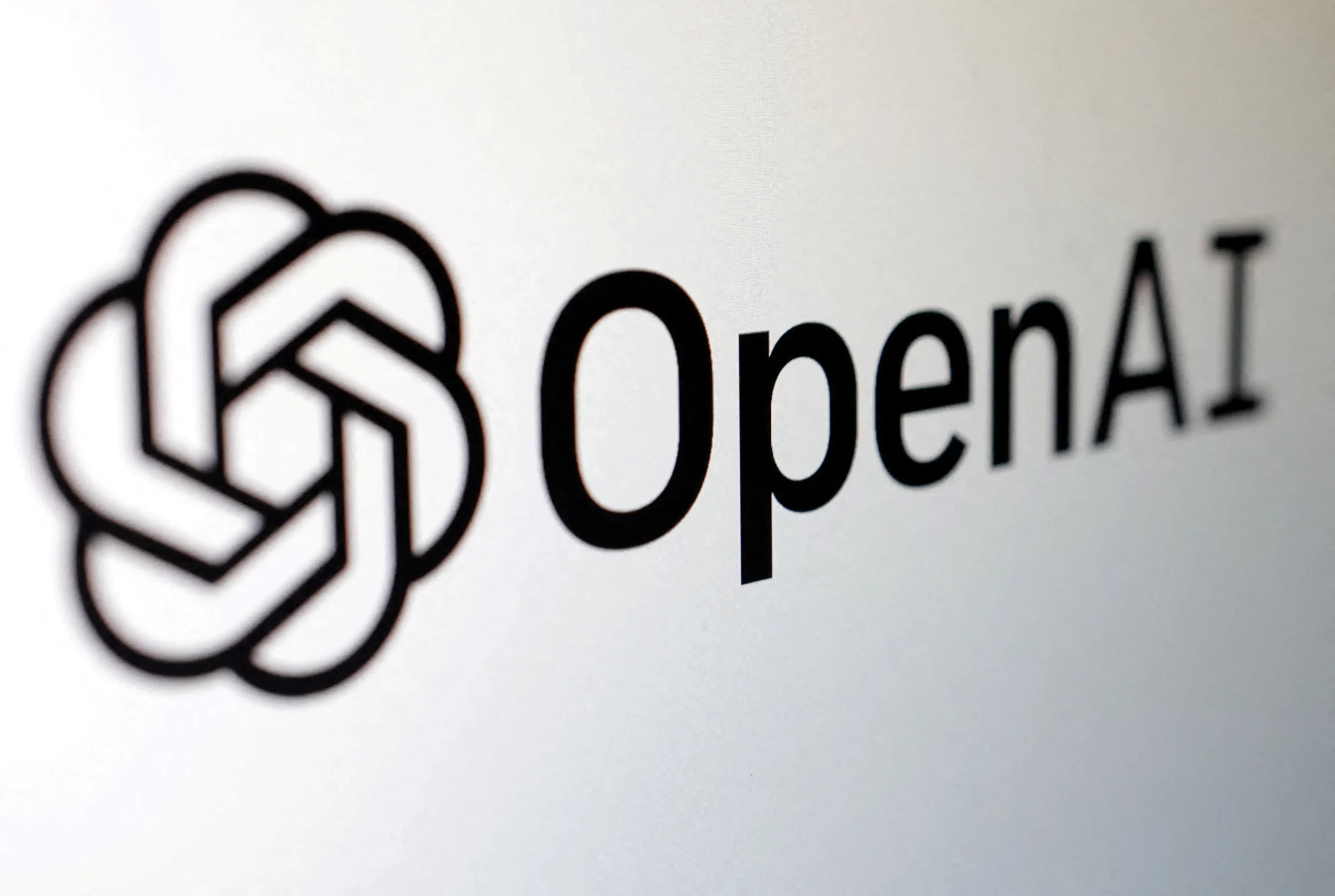OpenAI’s Bold New AI Model Hits Regulatory Hurdles and Financial Strain
25.07.2024 10:30 1 min. read Alexander Stefanov
OpenAI is reportedly developing a new AI model, named "Strawberry," which aims to advance beyond the current GPT-4o by offering enhanced reasoning abilities and more humanlike responses.
The company is currently facing regulatory scrutiny, including a potential investigation by the U.S. Securities and Exchange Commission (SEC) over alleged issues related to non-disclosure agreements.
On July 23, U.S. lawmakers expressed concerns about OpenAI’s safety protocols and employment practices, questioning the company’s transparency and requesting that future models be made available for government testing.
Financially, OpenAI is experiencing significant strain, with projections indicating a possible $5 billion loss in 2024. This could lead to a cash shortfall within a year, according to The Information.
The firm is expected to spend around $7 billion on AI training and an additional $1.5 billion on staffing, far surpassing the expenses of competitors like Anthropic, which anticipates a $2.7 billion burn rate for 2024.
To address these financial challenges, OpenAI may need to secure additional funding within the next year. The company has already completed seven funding rounds, raising over $11 billion, including a recent private round with ARK Investment Management.
OpenAI, which launched ChatGPT in November 2022, has seen rapid growth, with over 100 million weekly users. On July 18, the company also introduced a new generative AI model, “GPT-4o Mini.”
-
1
Weekly Recap: Key Shifts and Milestones Across the Crypto Ecosystem
06.07.2025 17:00 4 min. read -
2
Trump Imposes 50% Tariff on Brazil: Political Tensions and Censorship at the Center
10.07.2025 7:00 2 min. read -
3
Key Crypto Events to Watch in the Next Months
20.07.2025 22:00 2 min. read -
4
USA Imposes Tariffs on Multiple Countries: How the Crypto Market Could React
08.07.2025 8:30 2 min. read -
5
UAE Regulators Dismiss Toncoin Residency Rumors
07.07.2025 11:12 2 min. read
Two Upcoming Decisions Could Shake Crypto Markets This Week
The final days of July could bring critical developments that reshape investor sentiment and influence the next leg of the crypto market’s trend.
Winklevoss Slams JPMorgan for Blocking Gemini’s Banking Access
Tyler Winklevoss, co-founder of crypto exchange Gemini, has accused JPMorgan of retaliating against the platform by freezing its effort to restore banking services.
Robert Kiyosaki Warns: ETFs Aren’t The Real Thing
Renowned author and financial educator Robert Kiyosaki has issued a word of caution to everyday investors relying too heavily on exchange-traded funds (ETFs).
Bitwise CIO: The Four-Year Crypto Cycle is Breaking Down
The classic four-year crypto market cycle—long driven by Bitcoin halvings and boom-bust investor behavior—is losing relevance, according to Bitwise CIO Matt Hougan.
-
1
Weekly Recap: Key Shifts and Milestones Across the Crypto Ecosystem
06.07.2025 17:00 4 min. read -
2
Trump Imposes 50% Tariff on Brazil: Political Tensions and Censorship at the Center
10.07.2025 7:00 2 min. read -
3
Key Crypto Events to Watch in the Next Months
20.07.2025 22:00 2 min. read -
4
USA Imposes Tariffs on Multiple Countries: How the Crypto Market Could React
08.07.2025 8:30 2 min. read -
5
UAE Regulators Dismiss Toncoin Residency Rumors
07.07.2025 11:12 2 min. read


